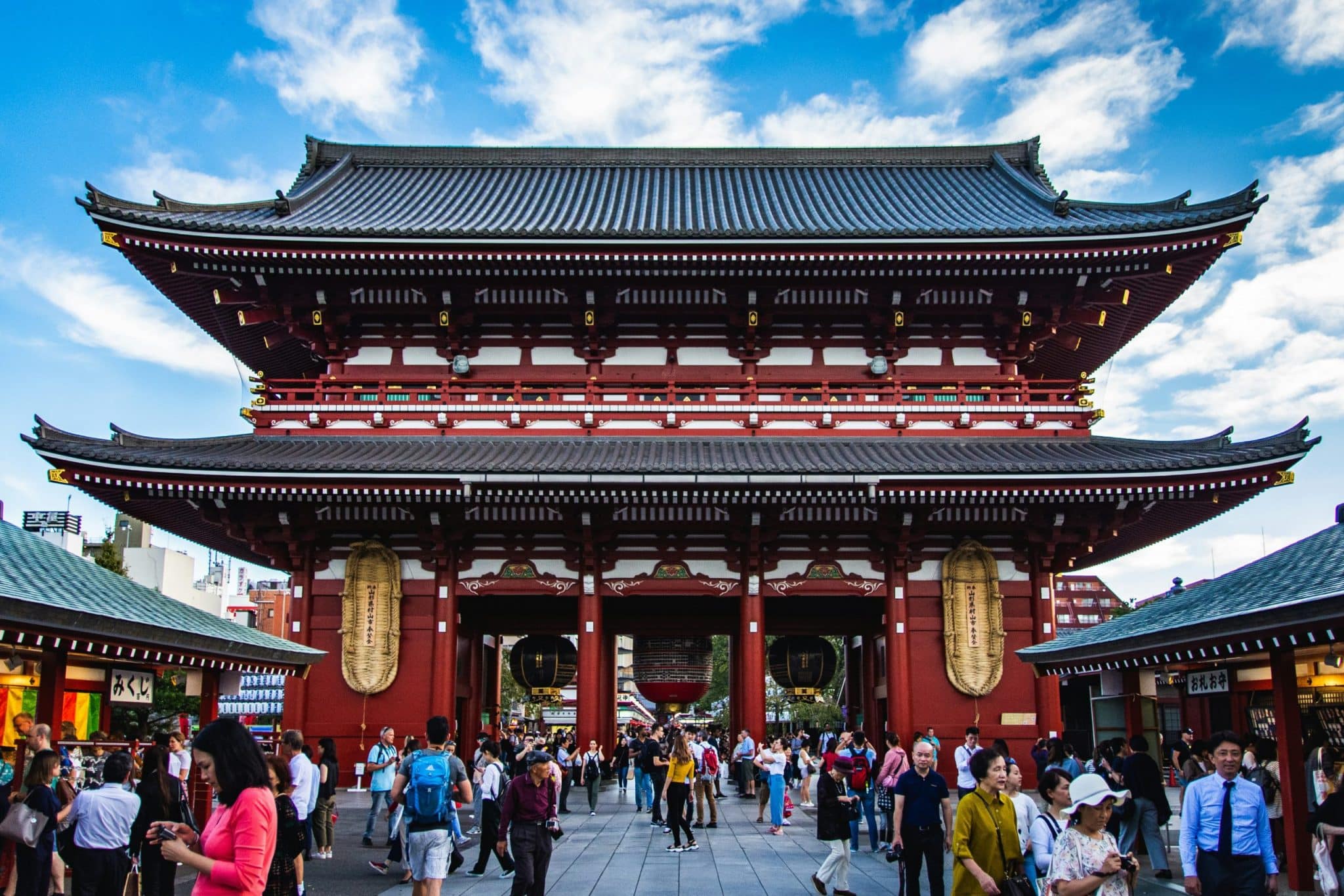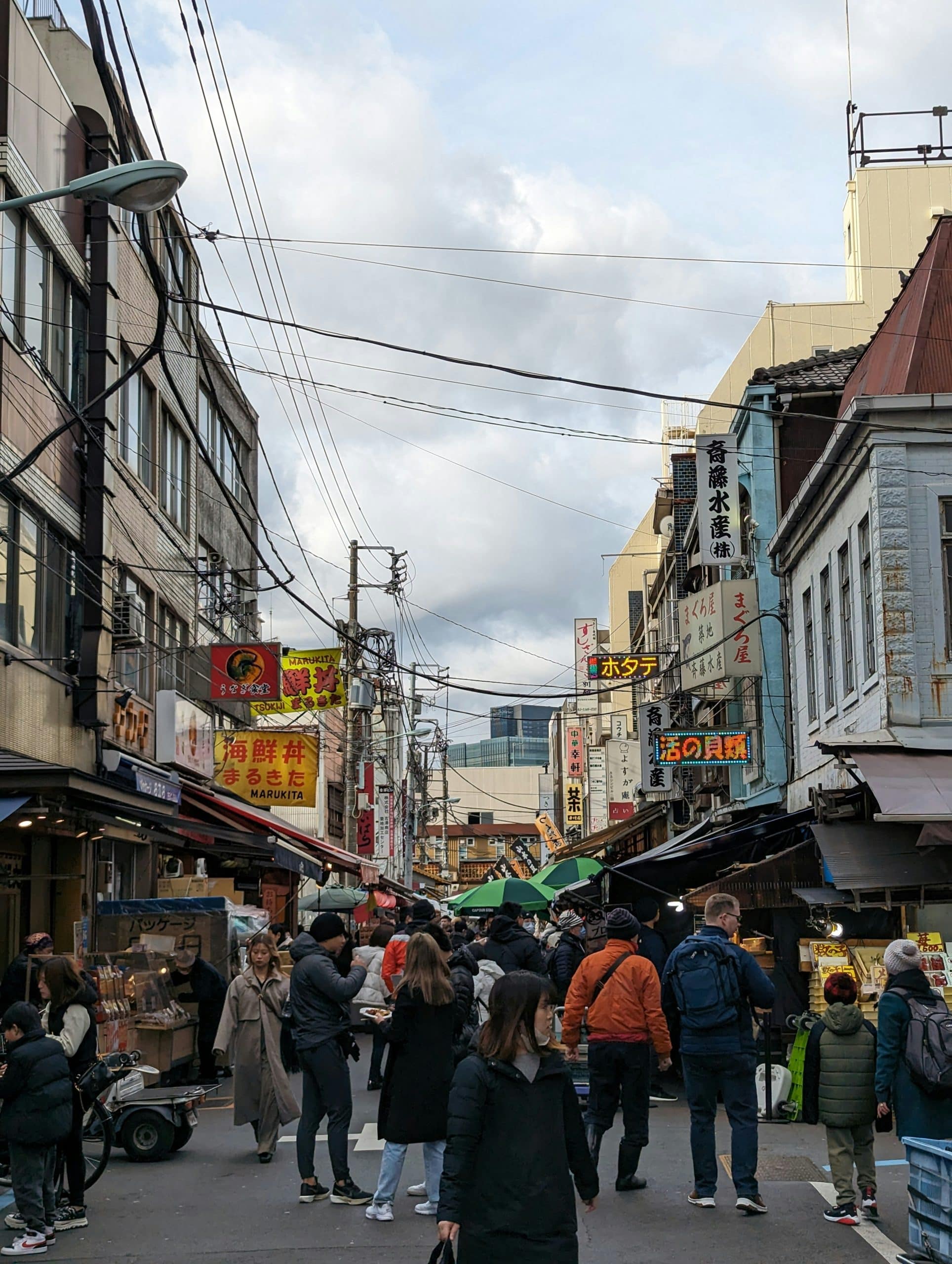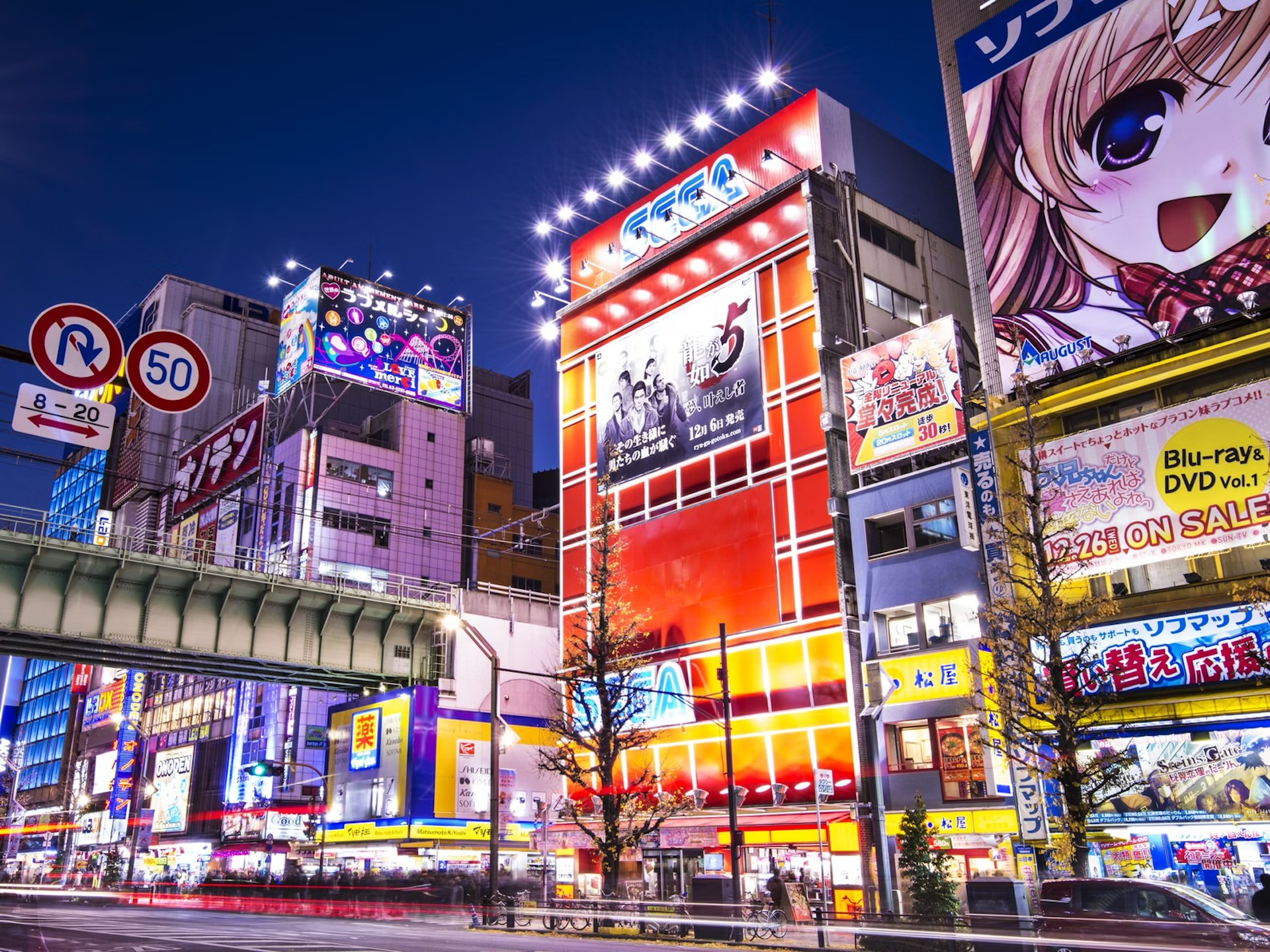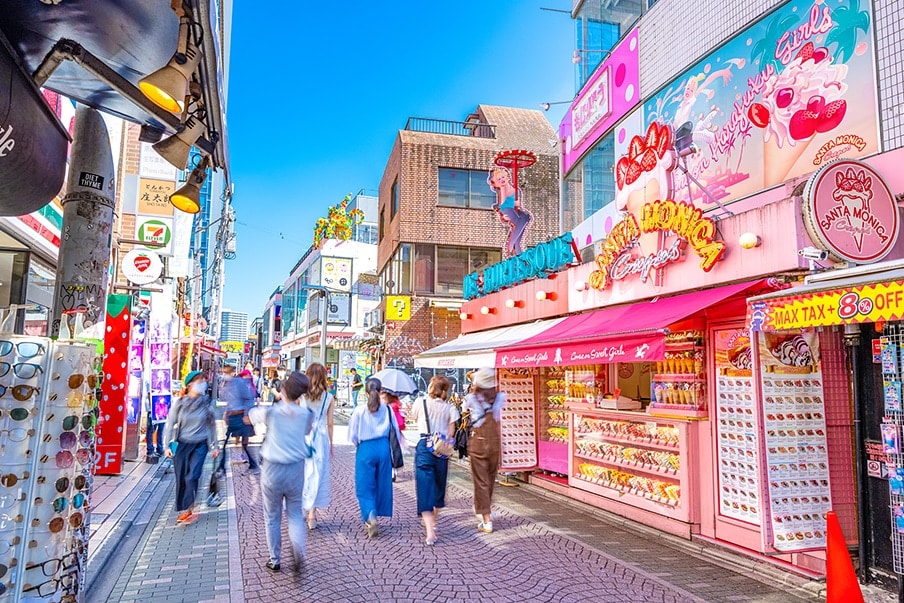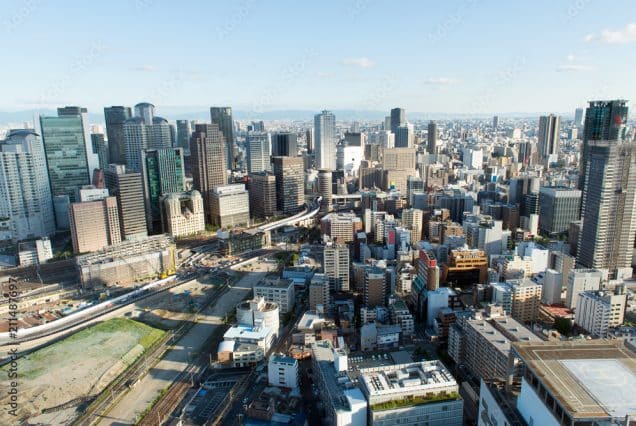

Discover Japan
Sights
Map
Info
Traveling to Japan offers a unique opportunity to experience its rich cultural heritage, breathtaking landscapes, and cutting-edge technology. However, to fully enjoy your visit, it’s essential to be aware of some practical details, from visa and passport requirements to transportation options and cultural norms. Below, you’ll find a comprehensive overview of important aspects to keep in mind when planning your trip to Japan.
Visa and Passport Requirements
Visa Status: Japan grants visa-free entry for up to 90 days to citizens of many countries. However, a visa is required for stays exceeding this period.
Passport Validity: It’s recommended that your passport be valid for at least 6 months beyond your planned departure date from Japan.
Transportation
Train: Japan’s extensive and efficient railway network, especially the Shinkansen (bullet train), makes traveling across the country convenient.
Public Transportation Cards: Cards like Suica and Pasmo can be used on trains and buses, simplifying travel.
Taxis: Taxis are widely available but can be expensive. Finding a taxi in cities is generally easy.
Accommodation
Ryokan: Traditional Japanese inns offer authentic experiences with tatami mat rooms and onsen (hot spring) baths.
Hotels: Japan has a wide range of accommodations, from luxury hotels to budget-friendly options.
Hostels and Airbnb: Hostels and short-term rental services provide more budget-conscious options.
Dining
Sushi and Ramen: Japan’s world-famous sushi and ramen can be found in restaurants catering to all budgets.
Izakaya: Local bars called izakaya serve various small dishes, perfect for tasting local flavors in a social setting.
Vegan and Vegetarian: While options are abundant in big cities, vegan and vegetarian choices may be limited in rural areas.
Cultural Considerations
Politeness and Respect: Politeness is highly valued in Japan; it’s common to bow as a greeting and to remain quiet in public spaces.
Removing Shoes: It is customary to remove shoes when entering homes, certain restaurants, and temples.
Traditions: When visiting temples and shrines, it’s important to ask for permission before taking photos and to respect worshippers.
Language
Language Challenges: English speakers are relatively few in Japan, so learning basic Japanese phrases can be helpful.
Translation Apps: Apps like Google Translate are invaluable for overcoming the language barrier.
Technology and Communication
Internet and Wi-Fi: Wi-Fi is widely available in Japan, and tourists can rent portable Wi-Fi devices.
Electronics: Japan is a haven for electronic gadgets, offering high-quality products.
SIM Cards and Data: Tourist-specific SIM cards and mobile data packages are available to keep you connected during your stay.
Shopping and Payment
Credit Cards and Cash: While credit cards are widely accepted in major cities, cash is more commonly used in rural areas.
Shopping: Japan is renowned for traditional souvenirs, electronics, and fashion. Popular shopping districts include Harajuku and Ginza.
Tax-Free Shopping: Tourists can enjoy tax-free shopping at certain stores by presenting their passport at the time of purchase.







